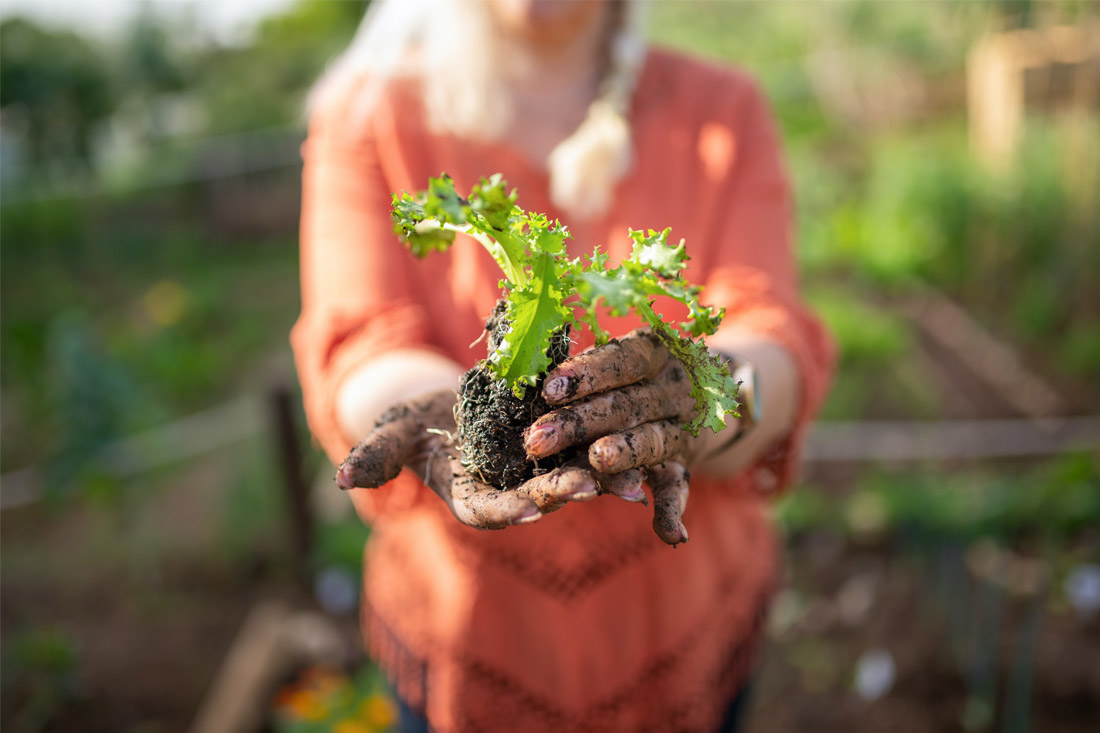Eight things a first home buyer needs to know
Aug 31, 2020
The benefit of using our services is both time saving with not having to wait for other services

One of the most exciting things about moving into your own home is doing whatever you want with it, such as growing your own veggie patch. But did you know more than a third of Aussie backyards are contaminated with lead? Here’s how to get your soil tested for free.
Gardening is a bit like your journey into property ownership.
You spot a patch you like, start with modest seedlings/savings, and then with a little hard work, watch it grow into a yielding crop/asset.
A pre-COVID study shows that more than half of Australian households grow some of their own food – including fruit, vegetables and herbs – either at home or in a community garden.
And that figure is likely to have increased since lockdowns inspired many of us to get our hands dirty in the backyard.
You know those healthy vegetables you’re growing for your friends and your family to enjoy?
Well, it turns out that in more than 35% of yards, the soil those veggies are grown in is contaminated with concerning levels of lead (more than 300 mg/kg), according to a new study based on Macquarie University’s ongoing VegeSafe program.
The study found that homes that were aged, painted, situated near traffic-congested areas or located in the inner-city had the highest soil lead concentrations.
The good news is that there’s a free and easy way to get your home’s soil tested.
Simply head over to the VegeSafe website to find out more, or get straight into participating in the soil analysis study here.
Participants receive a formal report with their soil results and are provided with information and advice about what to do in the event that they have soils containing elevated concentrations of metals and metalloids.
The program does ask for a modest $20 donation from participants and, while it’s not mandatory, it is appreciated and helps support the program.
It’s also worth mentioning that the same group also run a similar DustSafe program, which aims to inform residents of potentially harmful metals and other contaminants in and around their home.
So, that’s how you can safely navigate a veggie patch.
If you’re looking for some sage guidance (see what we did there?) in terms of financing the purchase of that particular patch of land, get in touch and lettuce help you out today (sorry not sorry!).
Disclaimer: The content of this article is general in nature and is presented for informative purposes. It is not intended to constitute tax or financial advice, whether general or personal nor is it intended to imply any recommendation or opinion about a financial product. It does not take into consideration your personal situation and may not be relevant to circumstances. Before taking any action, consider your own particular circumstances and seek professional advice. This content is protected by copyright laws and various other intellectual property laws. It is not to be modified, reproduced or republished without prior written consent.